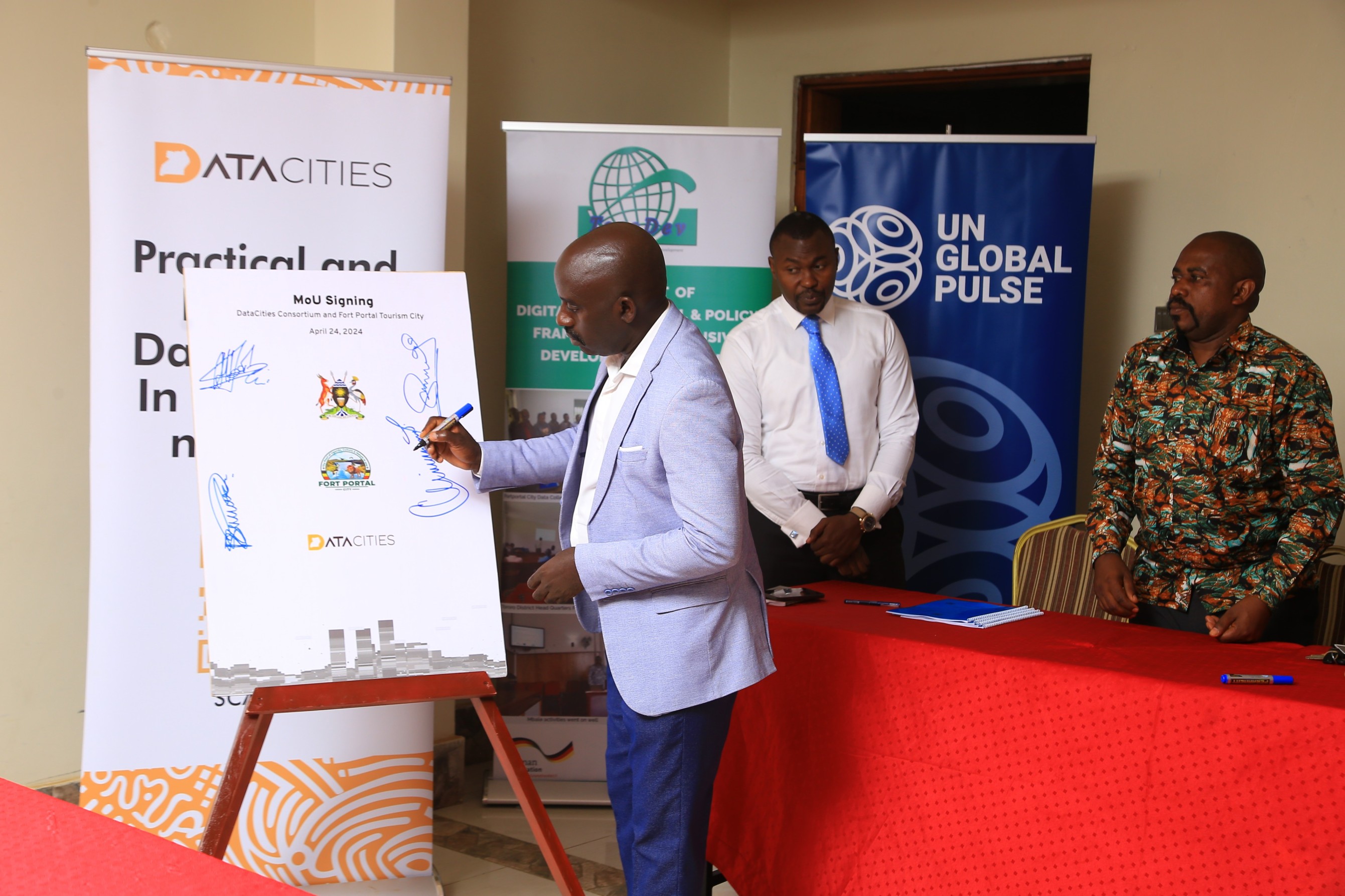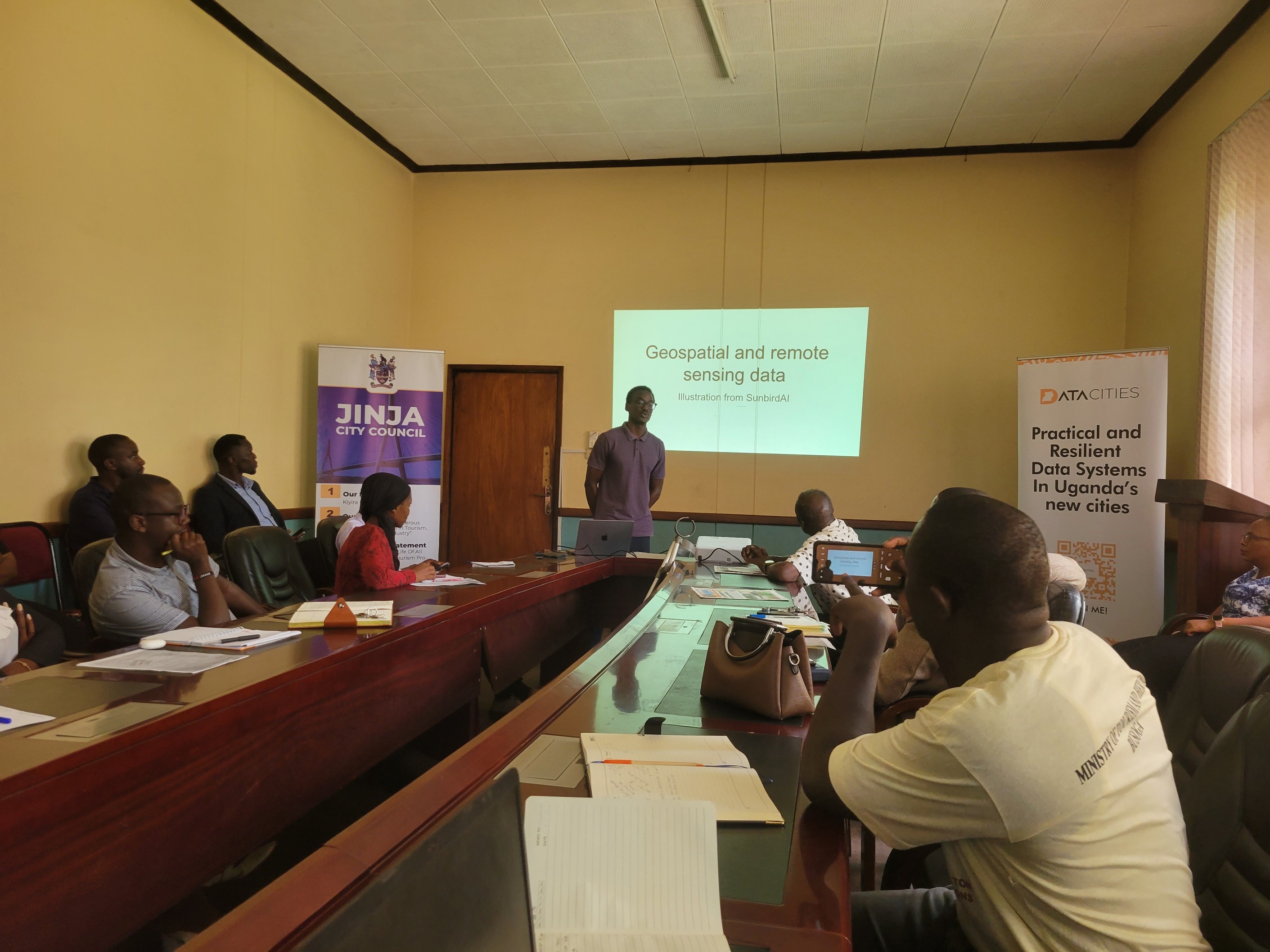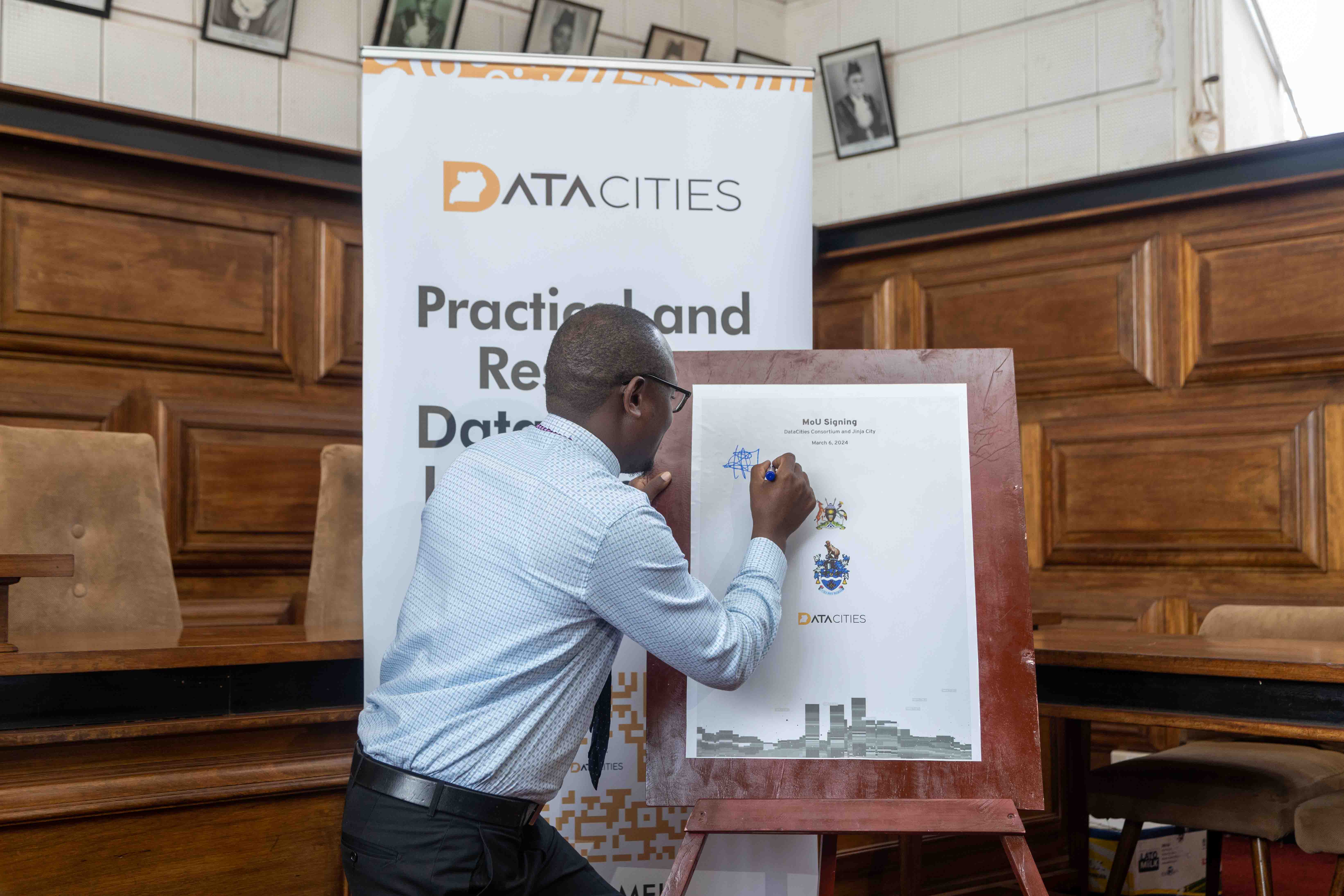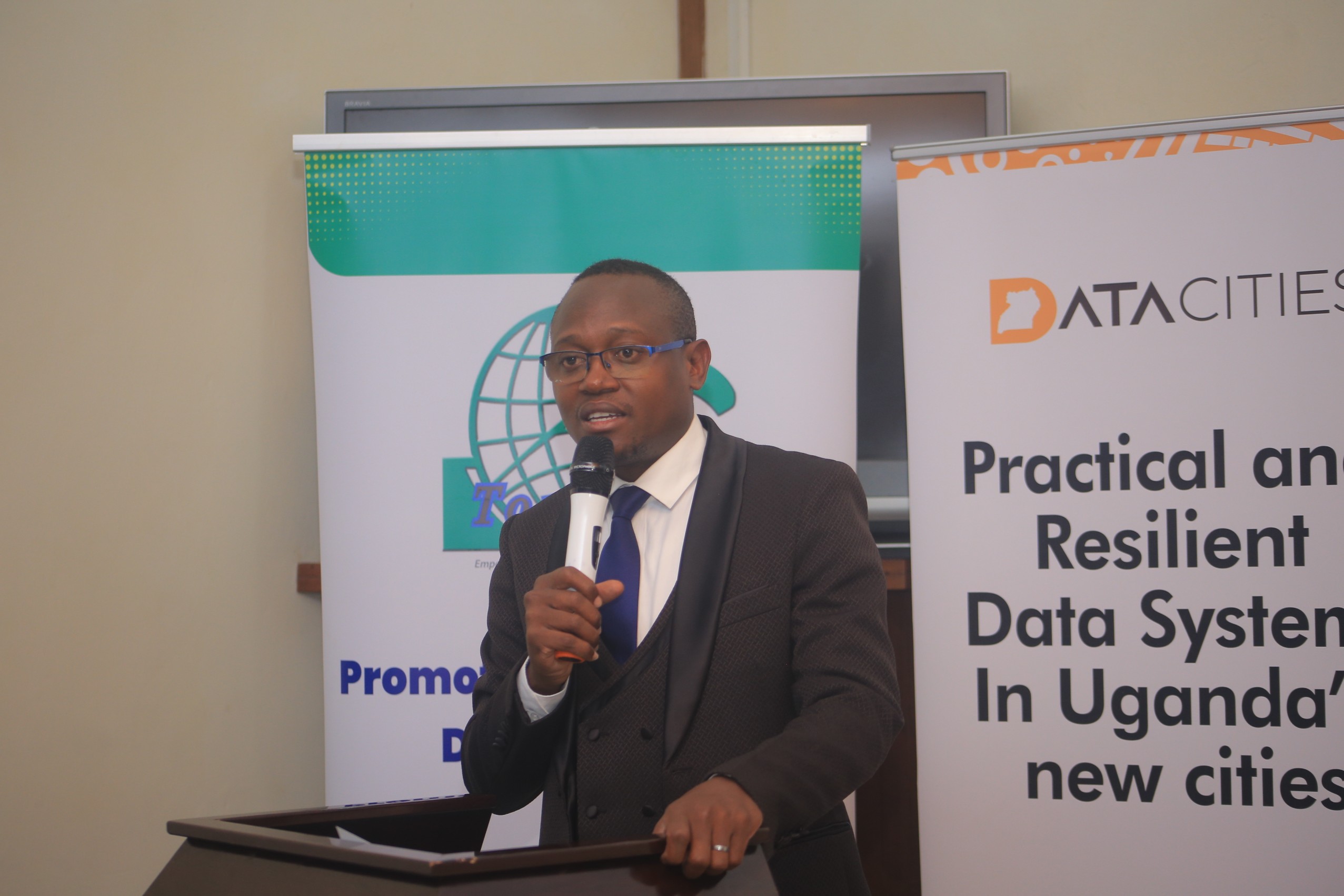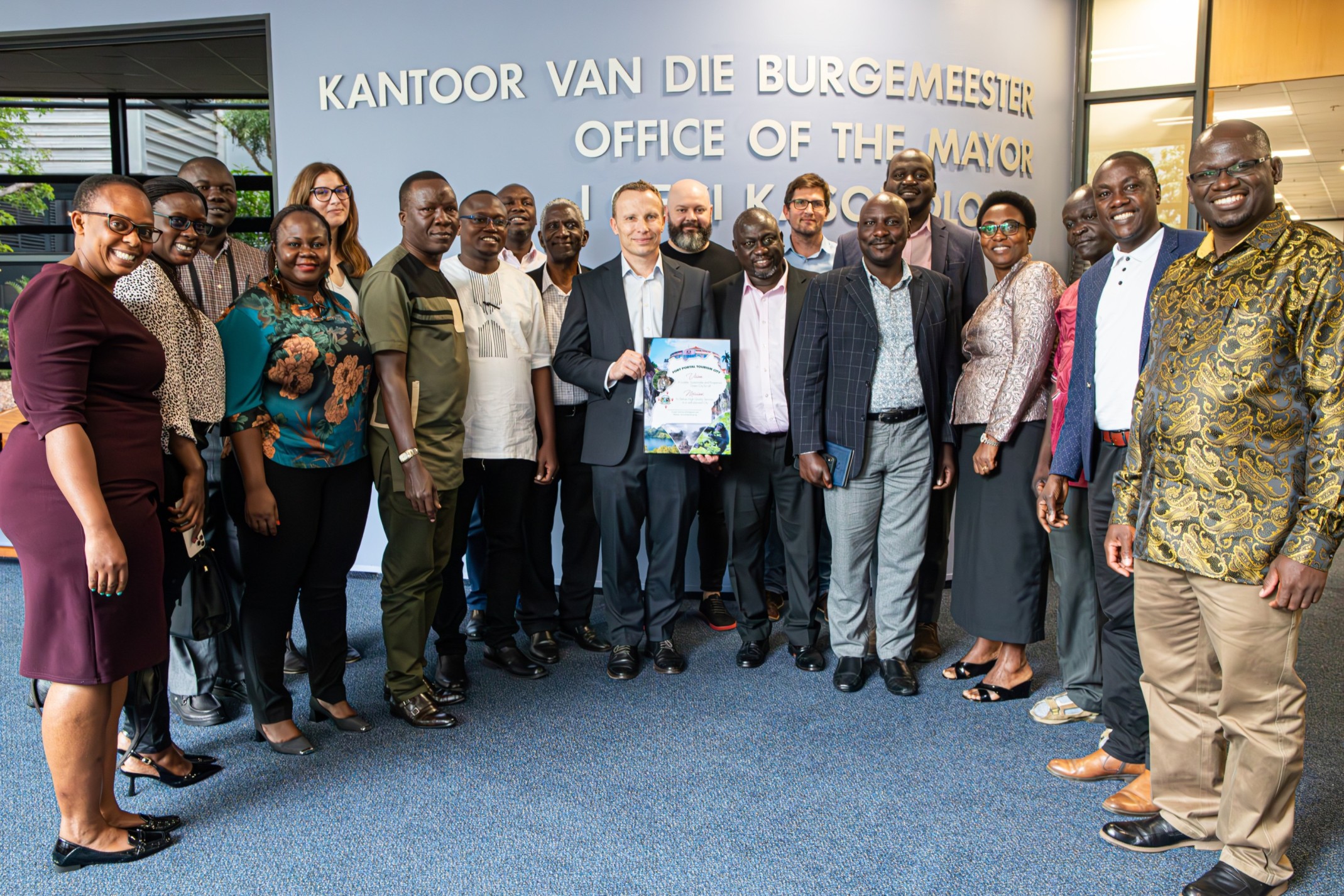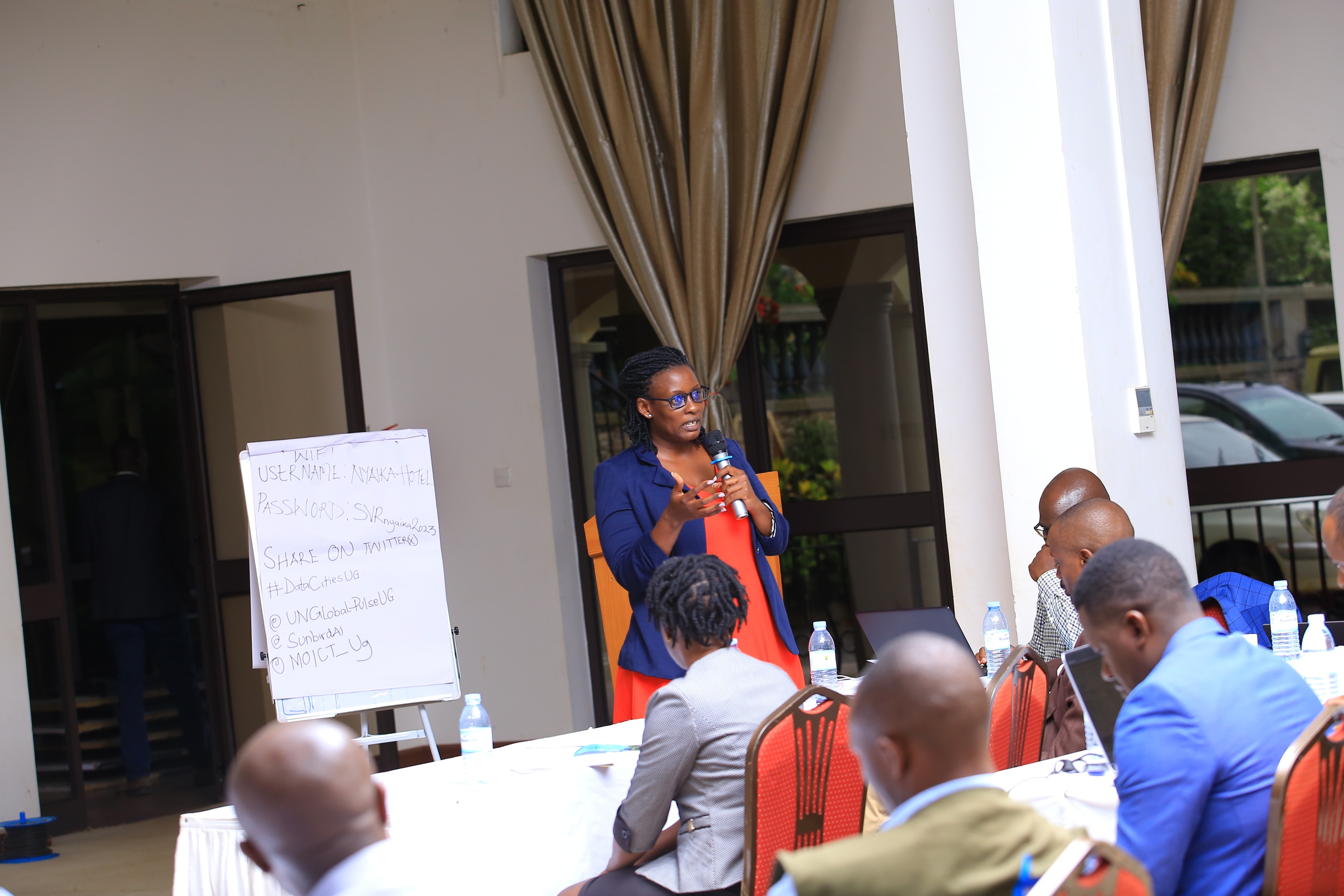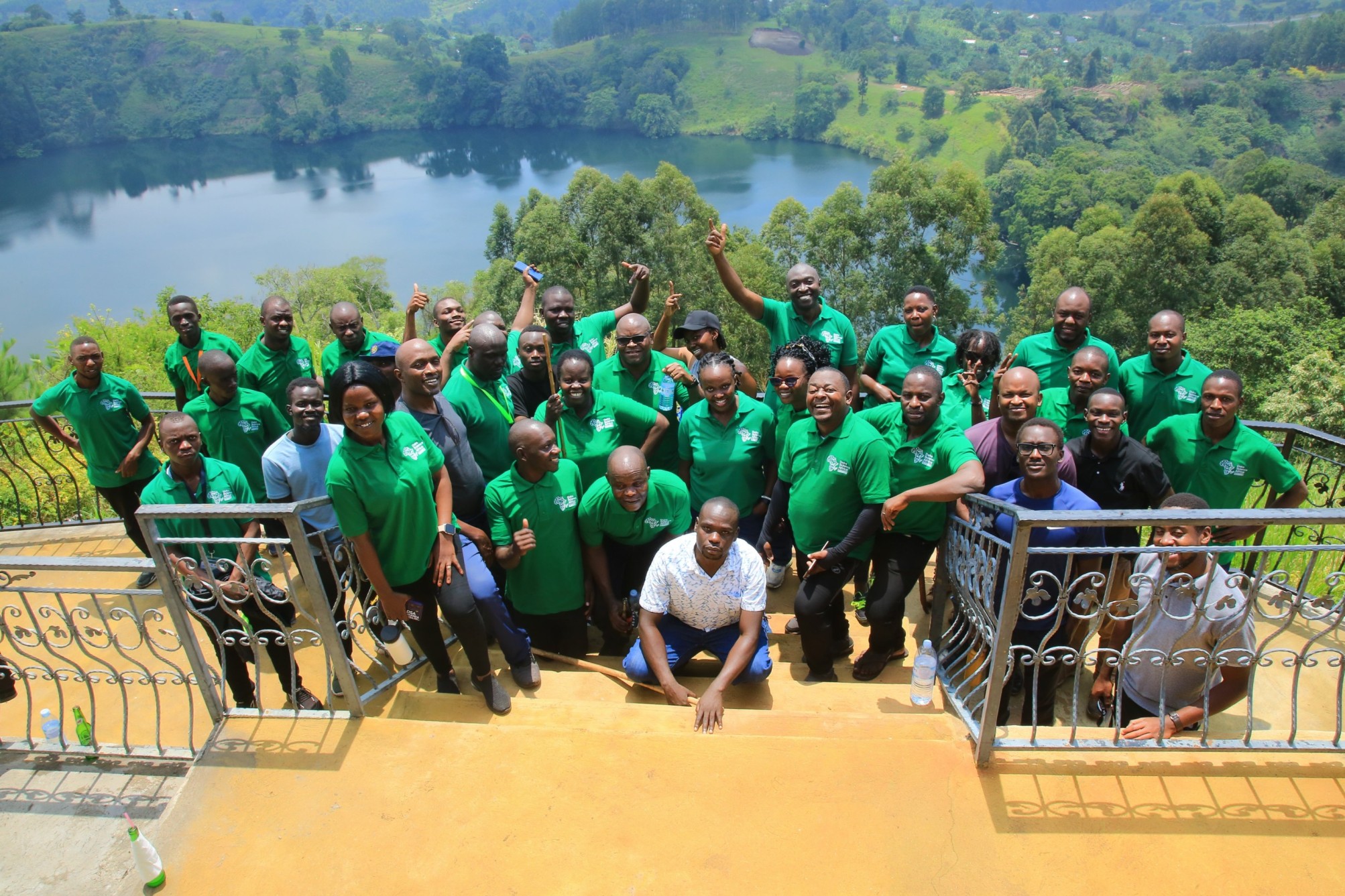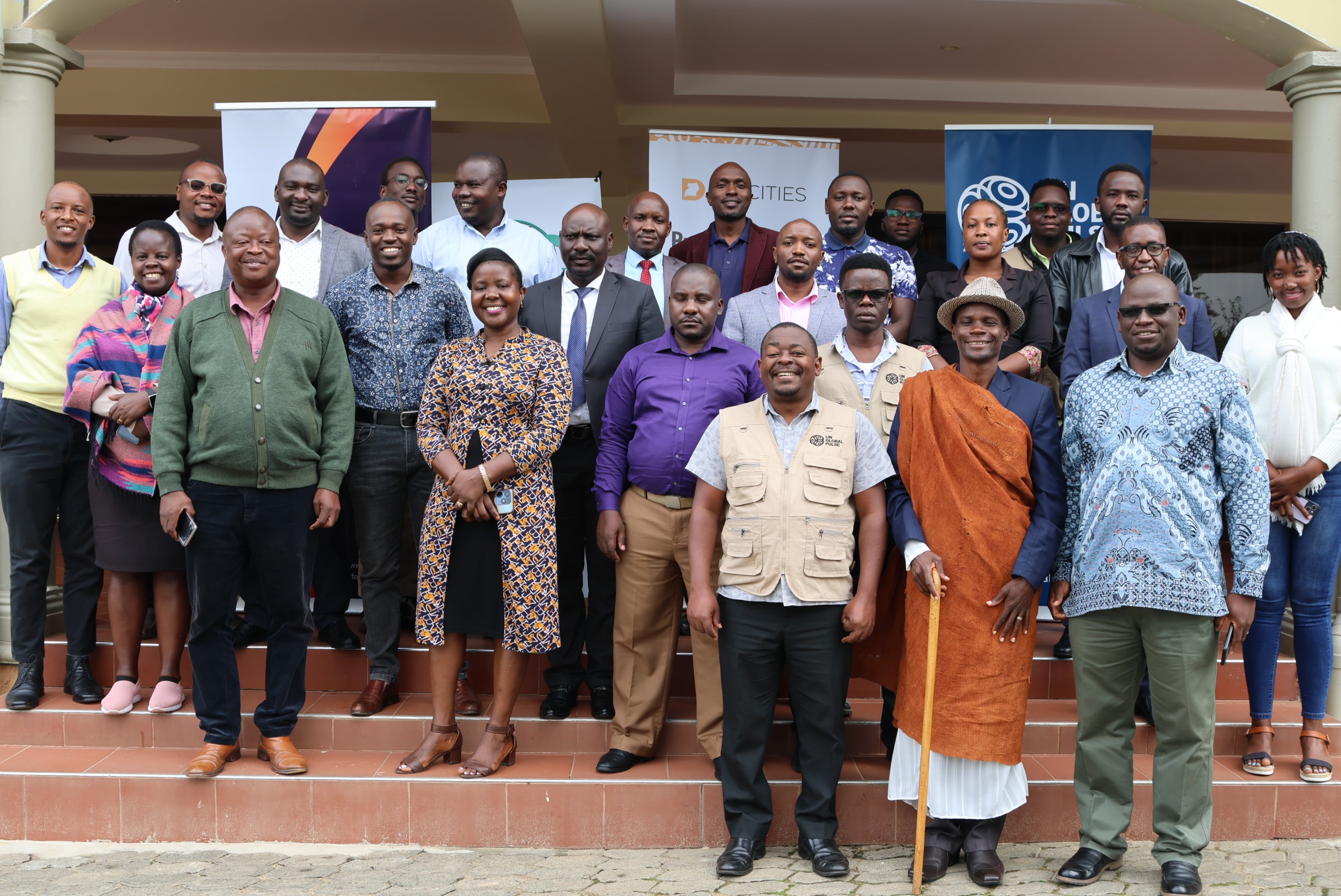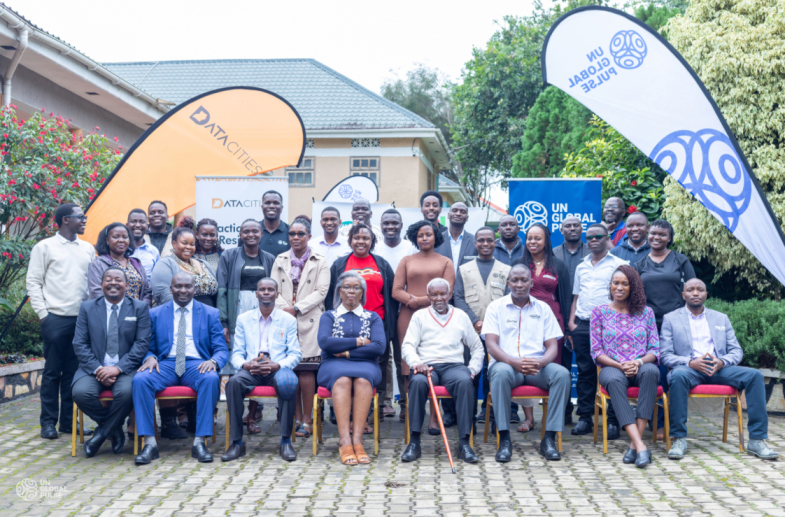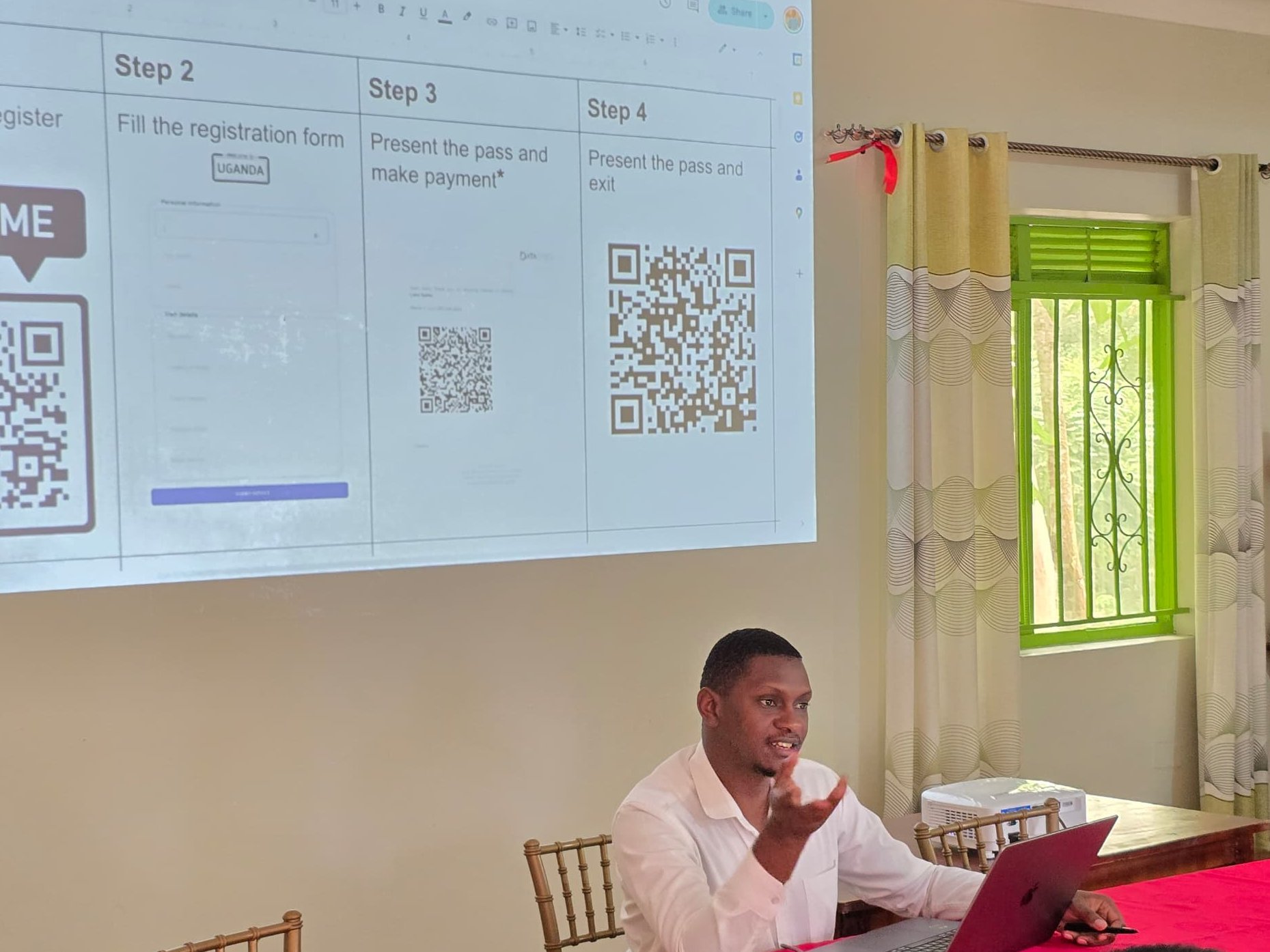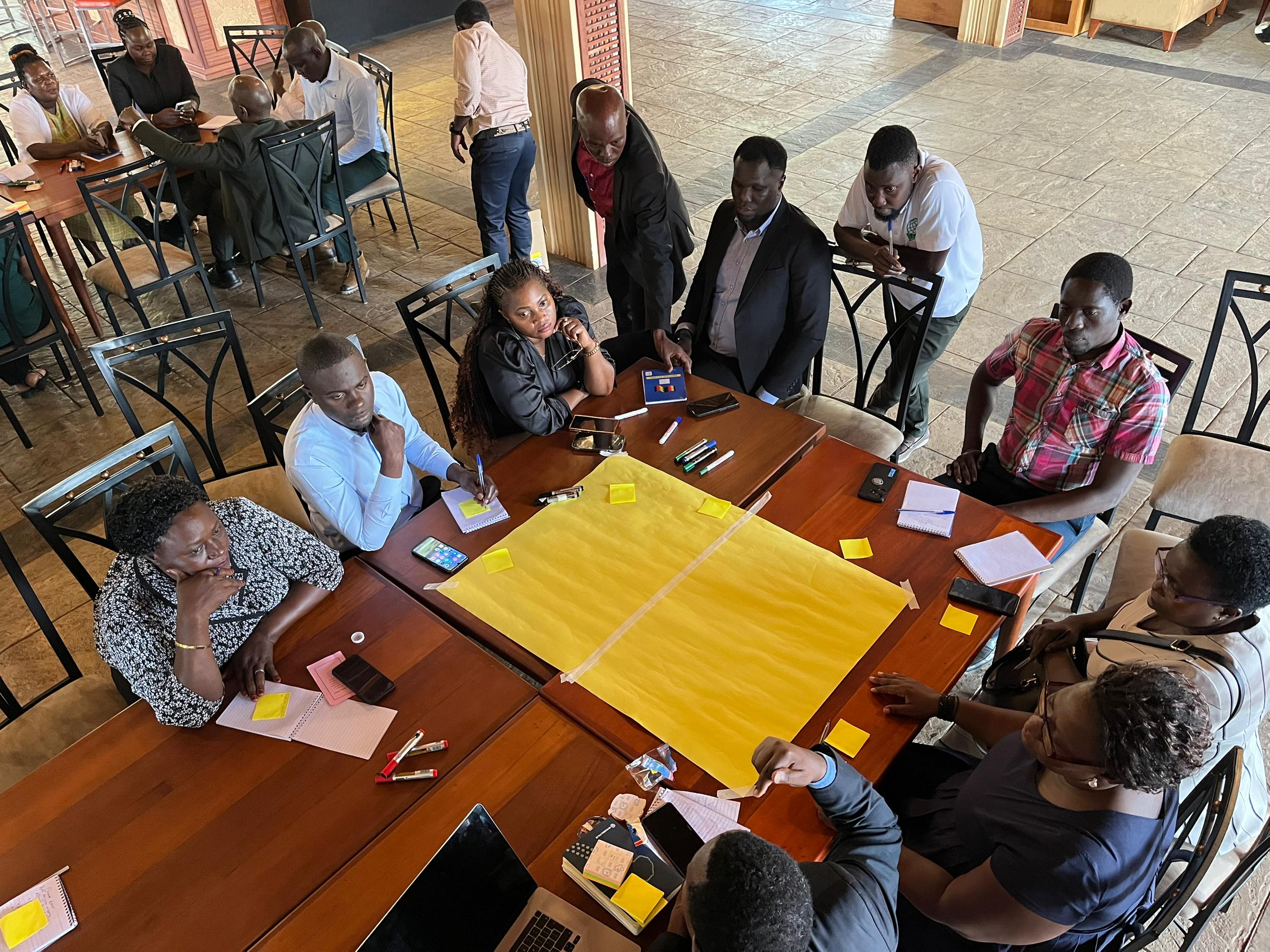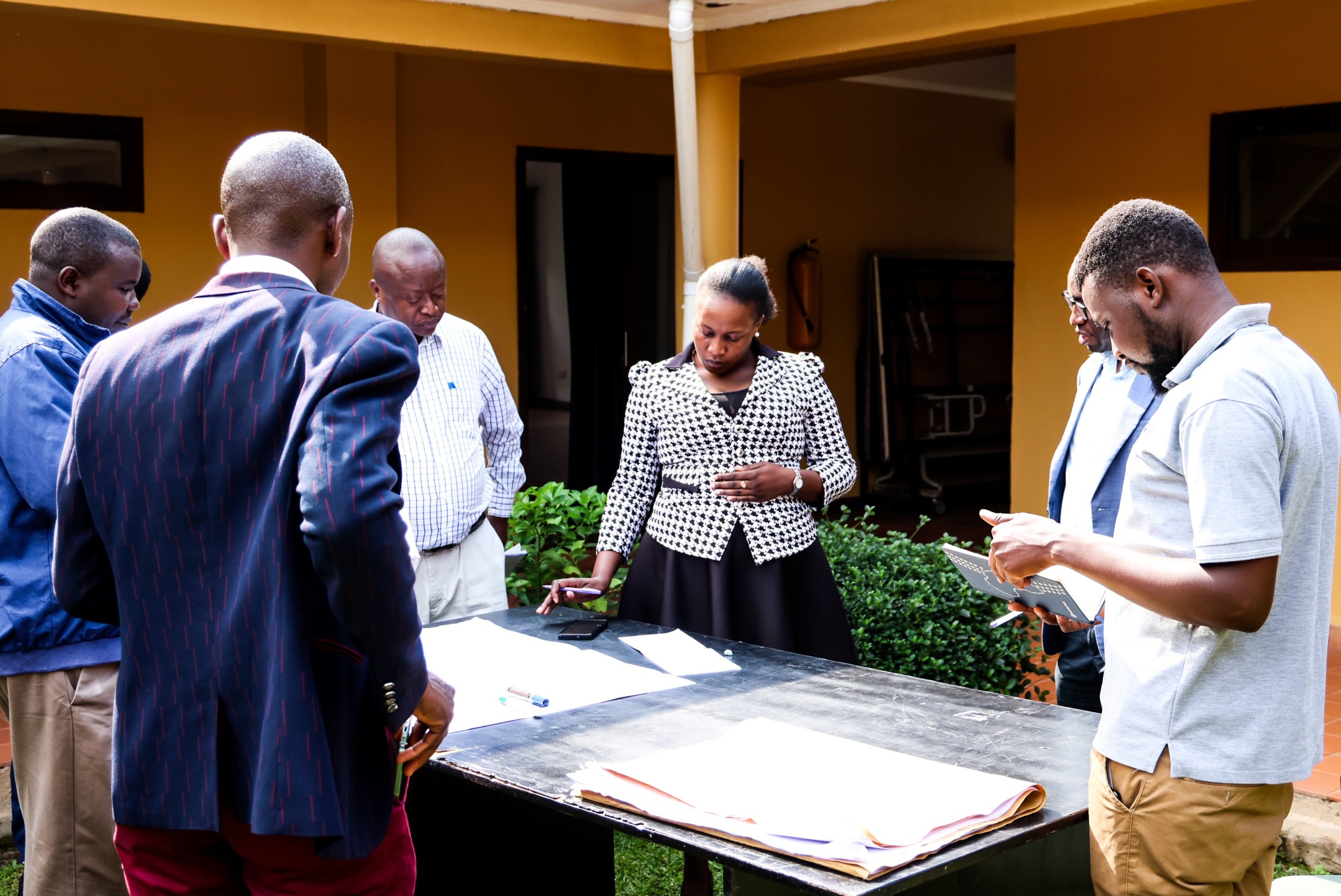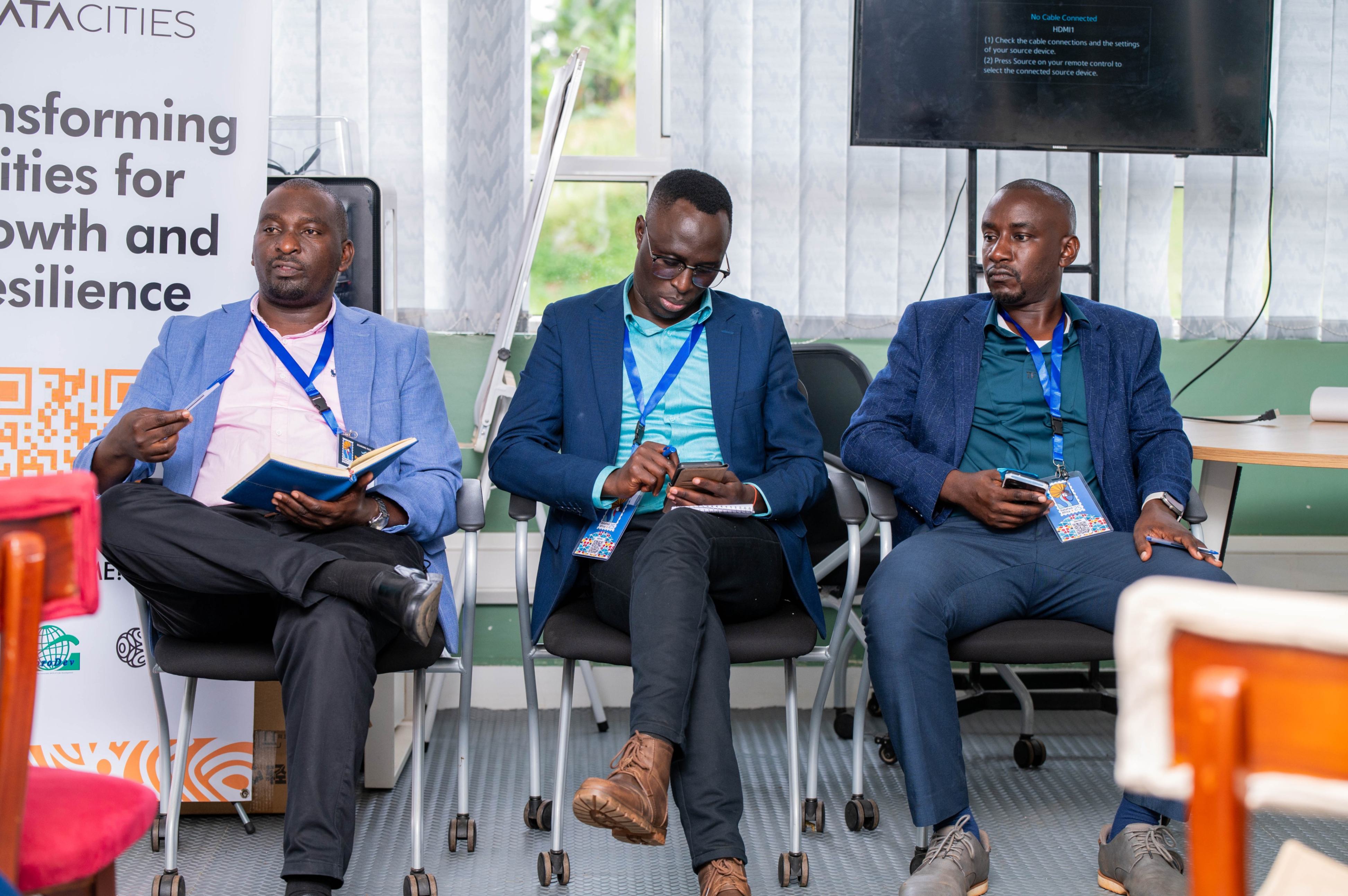- Email: datacitiesuganda@gmail.com
Data Governance (DG) Framework Development Workshop in Jinja and Fort Portal
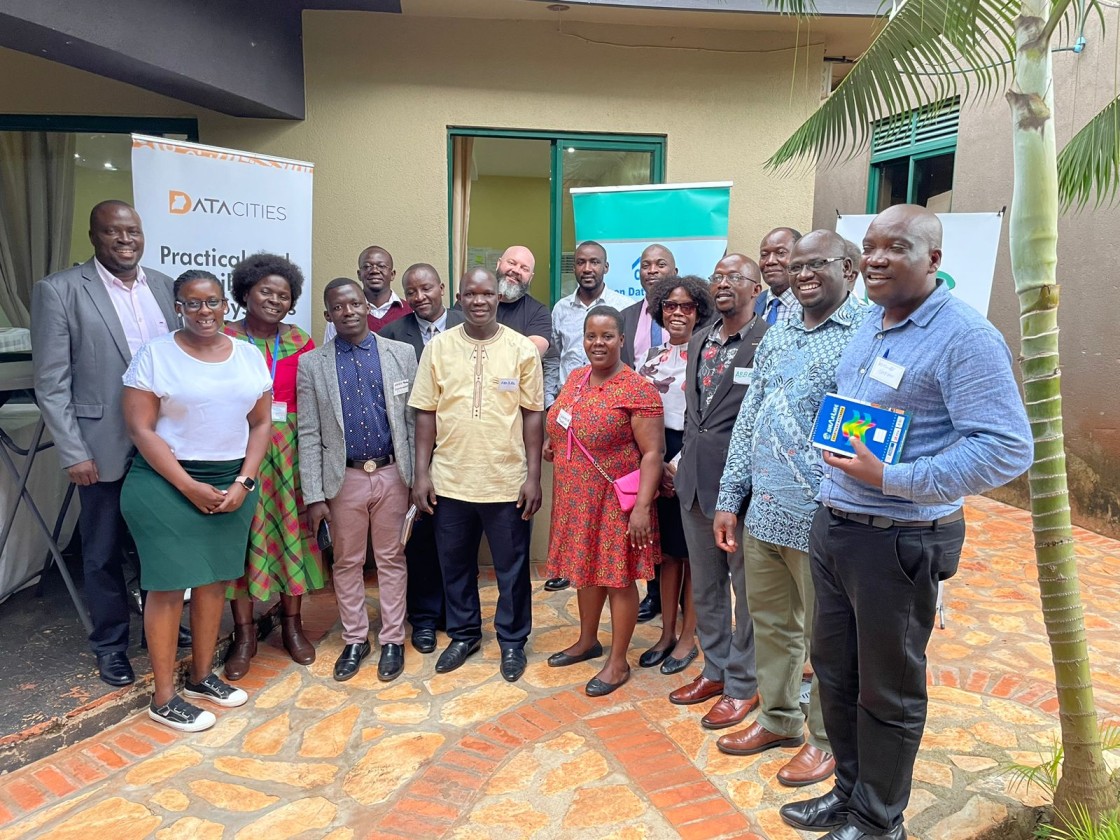 May 2, 2024
May 2, 2024
The Data Governance (DG) Framework Development Workshop was a training that focused on defining, designing, and developing city data governance frameworks, organized by ToroDev-ODA and facilitated by Open Cities Lab, based in South Africa. The trainings were aimed at equipping the City Data Steering Committee members in Jinja and Fort Portal cities with the knowledge to formulate and implement their own contextualized data governance frameworks, with support from the DataCities Initiative. These trainings were conducted in May 2024 and lasted two days in each of the pilot cities.
The participants in both cities were able to formulate goals and specific objectives to pursue during the first year (2024/2025) as the basis for data governance framework implementation. Priority areas of modeling data use cases were also identified and confirmed by the Data Steering Committees. These included revenue generation system upgrades, waste management, tourism development, and land management (for Jinja City), revenue mobilization, property tax enhancement, smart street parking, waste management, and tourism development (for Fort Portal City). Specific components of the cities' priorities and data systems/digital innovations to develop were also identified by participants during the training sessions.
Other Activities
